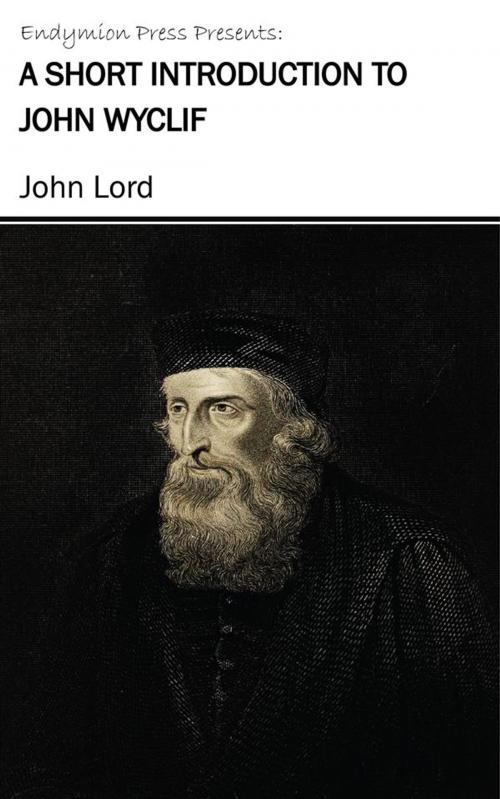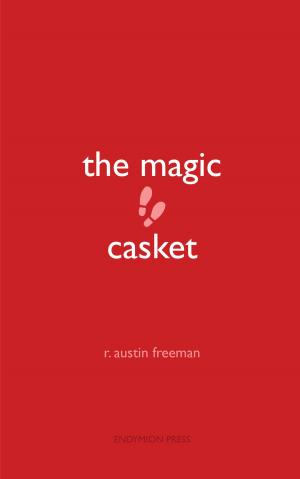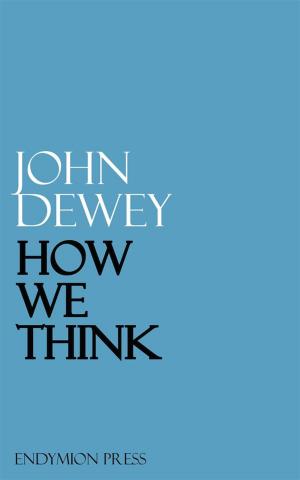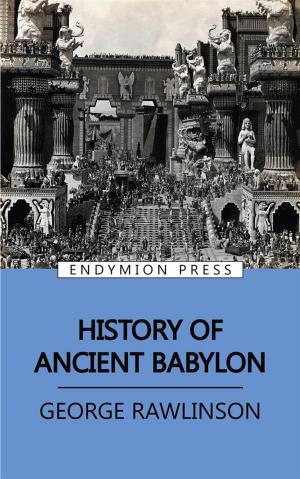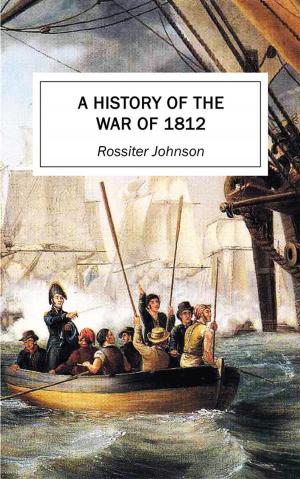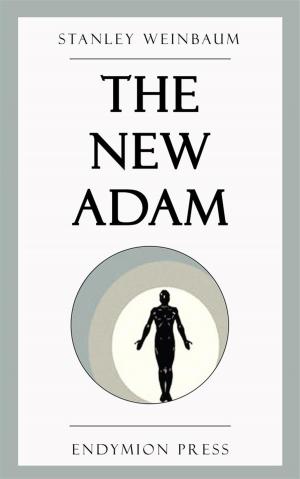A Short Introduction to John Wyclif
Biography & Memoir, Historical, Nonfiction, Religion & Spirituality, Philosophy| Author: | John Lord | ISBN: | 9781537825199 |
| Publisher: | Endymion Press | Publication: | April 19, 2017 |
| Imprint: | Language: | English |
| Author: | John Lord |
| ISBN: | 9781537825199 |
| Publisher: | Endymion Press |
| Publication: | April 19, 2017 |
| Imprint: | |
| Language: | English |
The name of Wyclif suggests the dawn of the Protestant Reformation; and the Reformation suggests the existence of evils which made it a necessity. I do not look upon the Reformation, in its earlier stages, as a theological movement. In fact, the Catholic and Protestant theology, as expounded and systematized by great authorities, does not materially differ from that of the Fathers of the Church. The doctrines of Augustine were accepted equally by Thomas Aquinas and John Calvin. What is called systematic divinity, as taught in our theological seminaries, is a series of deductions from the writings of Paul and other apostles, elaborately and logically drawn by Athanasius, Jerome, Augustine, and other lights of the early Church, which were defended in the Middle Ages with amazing skill and dialectical acuteness by the Scholastic doctors, with the aid of the method which Aristotle, the greatest logician of antiquity, bequeathed to philosophy. Neither Luther nor Calvin departed essentially from these great deductions on such vital subjects as the existence and attributes of God, the Trinity, sin and its penalty, redemption, grace, and predestination. The creeds of modern Protestant churches are in harmony with the writings of both the Fathers and the Scholastic doctors on the fundamental principles of Christianity. There are, indeed, some ideas in reference to worship, and the sacraments, and the government of the Church, and aids to a religious life, defended by the Scholastic doctors, which Protestants do not accept, and for which there is not much authority in the writings of the Fathers. But the main difference between Protestants and Catholics is in reference to the institutions of the Church,--institutions which gradually arose with the triumph of Christianity in its contest with Paganism, and which received their full development in the Middle Ages. It was the enormous and scandalous corruptions which crept into these institutions which led to the cry for reform. It was the voice of Wyclif, denouncing these abuses, which made him famous and placed him in the van of reformers. These abuses were generally admitted and occasionally attacked by churchmen and laymen alike,--even by the poets. They were too flagrant to be denied...
The name of Wyclif suggests the dawn of the Protestant Reformation; and the Reformation suggests the existence of evils which made it a necessity. I do not look upon the Reformation, in its earlier stages, as a theological movement. In fact, the Catholic and Protestant theology, as expounded and systematized by great authorities, does not materially differ from that of the Fathers of the Church. The doctrines of Augustine were accepted equally by Thomas Aquinas and John Calvin. What is called systematic divinity, as taught in our theological seminaries, is a series of deductions from the writings of Paul and other apostles, elaborately and logically drawn by Athanasius, Jerome, Augustine, and other lights of the early Church, which were defended in the Middle Ages with amazing skill and dialectical acuteness by the Scholastic doctors, with the aid of the method which Aristotle, the greatest logician of antiquity, bequeathed to philosophy. Neither Luther nor Calvin departed essentially from these great deductions on such vital subjects as the existence and attributes of God, the Trinity, sin and its penalty, redemption, grace, and predestination. The creeds of modern Protestant churches are in harmony with the writings of both the Fathers and the Scholastic doctors on the fundamental principles of Christianity. There are, indeed, some ideas in reference to worship, and the sacraments, and the government of the Church, and aids to a religious life, defended by the Scholastic doctors, which Protestants do not accept, and for which there is not much authority in the writings of the Fathers. But the main difference between Protestants and Catholics is in reference to the institutions of the Church,--institutions which gradually arose with the triumph of Christianity in its contest with Paganism, and which received their full development in the Middle Ages. It was the enormous and scandalous corruptions which crept into these institutions which led to the cry for reform. It was the voice of Wyclif, denouncing these abuses, which made him famous and placed him in the van of reformers. These abuses were generally admitted and occasionally attacked by churchmen and laymen alike,--even by the poets. They were too flagrant to be denied...
